About Community Psychiatric Clinic Cascade Hall
Welcome to Community Psychiatric Clinic Cascade Hall. We offer a variety of services to help our clients with mental health and substance abuse issues. Our dual diagnosis program helps clients who have both mental health and substance abuse issues. We also have programs specifically for adults, elders, military personnel, men, women, and young adults. Our inpatient rehab program provides 24-hour care for clients who need more intensive treatment. We also offer aftercare support and sober living homes for clients who need help transitioning back to normal life. Our therapies include cognitive behavioral therapy, dialectical behavior therapy, experiential therapy, family therapy, group therapy, individual therapy, and trauma therapy. We are here to help you heal and recover from your mental health and substance abuse issues. Thank you for choosing us.
Addiction Treatment Programs
Dual Diagnosis
During dual diagnosis treatment in Washington, you’ll receive integrated care for your mental health and substance use concerns, helping you establish long-term recovery.Part of treatment will include managing your mental health symptoms so you aren’t tempted to use substances to self-medicate. This can be done without counseling and medication.
Adult Program
When people join an adult program in Washington, they learn about topics such as employment and raising a family while receiving treatment. These treatment programs offer detox, inpatient treatment, and outpatient care tailored to the specific needs and challenges of adults.
Senior Rehab
Senior rehab in Washington offers specialized addiction treatment for older adults that addresses their unique challenges. These treatment programs offer detox, inpatient treatment, and outpatient care tailored to the unique needs and challenges of older adults, such as chronic pain, mental health concerns, and more.
Military Rehab
The best way to achieve long-term recovery if you are a service member or veteran in Washington may be to find a military rehab. These treatment programs offer detox, inpatient treatment, and outpatient care tailored to the unique needs and challenges of military members, including PTSD, trauma, and other concerns.
Men's Rehab
Men’s rehabs in Washington address a wide range of substance use issues while also helping clients with gender-specific issues. These treatment programs offer detox, inpatient treatment, and outpatient care tailored to the unique needs and challenges men face, which may include questions about career, fatherhood, family relationships, emotional vulnerability, and more.
Women's Rehab
A women’s rehab in Washington helps clients build same-gender friendships, overcome substance use, and learn new life skills. These treatment programs offer detox, inpatient treatment, and outpatient care tailored to the unique needs and challenges of women. They generally also include life skills training tailored to the client’s needs.
Young Adult Rehab
Young adult rehab programs in Washington can help young people make healthier life choices and avoid common mistakes. These treatment programs offer detox, inpatient treatment, and outpatient care tailored to the unique needs and challenges of young adults.
Insurance Coverage
Medicaid
There are many ways to pay for rehab in Washington, including using Medicaid if you qualify. You can find treatment centers that accept Medicaid offering multiple levels of care, including detox, inpatient, and outpatient. You may pay little or nothing out-of-pocket.
Self-pay options
In Washington, you can pay for rehab in many ways, including self-pay. With self-pay, also known as private pay, you write a check, use a medical loan, or electronically transfer money to the center. Check on the payment structure, which may vary depending on the level of care.
Medicare
How do you pay for rehab in Washington? If you have Medicare, consider using it to pay for some or all of the costs of treatment. Medicare plans may vary, so be sure to find out coverage details and what copayments or deductibles you might be responsible for.
Private insurance
How do you pay for rehab in Washington? A good option is private insurance. Be sure to contact your insurer to get coverage details, including what centers are in-network with your plan and what out-of-pocket costs you may be responsible for.
Military insurance
When you’re planning to use military insurance to pay for rehab in Washington, there are a few details to keep in mind. Keep in mind that you’ll save the most using a center that’s in-network with your plan, and you might have out-of-pocket costs such as a deductible or copayment. Contact the insurer for more details.
Financial aid
Trying to see if you qualify for financial aid programs can be a great way to pay for rehab in Washington. Getting a scholarship or grant can help you pay for any level of treatment, from detox to inpatient to outpatient care.
Sliding scale payment assistance
Don’t let the cost of rehab keep you from getting care in Washington. Instead, find a program that has a sliding scale payment plan. With a sliding scale, you’ll pay less depending on your income and family size. This makes it much less stressful to get the care you need.
Levels of Care
- 1
Inpatient Rehab
If you struggle with addiction in Washington, inpatient care is one option for rehab. You’ll live full-time at the facility and focus fully on recovery. Building a new life for yourself is challenging, and the focused, uninterrupted treatment you receive during inpatient care can help you lay that foundation.
- 2
Aftercare Support
Accessing aftercare in Washington is a way to reduce the risk of relapse, helping you establish long-term recovery. Aftercare may include ongoing counseling, additional life-skills training, peer support, and recovery support groups.
- 3
Sober Living Homes
Sober living in Washington helps clients maintain long-term recovery by providing essential support after treatment ends. Sober living may provide access to ongoing counseling, additional life-skills training, peer support, and recovery support groups.
Therapies
Cognitive Behavior Therapy
Not everything we think is true or helpful. Cognitive behavioral therapy in Washington teaches you to challenge distorted thinking so you can see things more clearly and choose healthier responses. Learning which thought disortions you are most susceptible to can help you challenge unhelpful thoughts, create better interpretations of situations, and choose healthier responses.
Dialectical Behavior Therapy
People want to improve their situation but don’t always know how. Dialectical behavioral therapy in Washington teaches you healthy coping mechanisms and improves your confidence so you can build a better life. Learning to develop a healthier mindset through stress management skills gives you the abilithy to create better circumstances in your life, and choose healthier responses to challenges.
Experiential Therapy
In Washington, experiential therapy helps you express your emotions in non-traditional ways. This makes it much easier to reach long-term recovery. During treatment, you may take part in art projects, musical expression, or physical challenges like an obstacle course. These allow you to process emotions in a non-traditional way.
Family Therapy
During family therapy in Washington, clients and their loved ones can address dysfunctional relationships, resentments, and conflicts in order to create healthier relationships that support the client’s recovery. Family therapy can mean addressing uncomfortable and challenging issues, but having a professional therapist facilitating the sessions makes it easier for everyone to share honestly and improve their relationships.
Group Therapy
During group therapy in Washington, each client has a chance to share their unique experiences and feelings about the discussion topic. This creates accountability and support. Some of the topics covered in group therapy include overcoming shame and guilt, improving communication, developing healthy coping skills, and building a support network.
Individual Therapy
You’re not alone as you work through addiction in Washington. Individual therapy gives you a professional who’s on your side to help you build a new life. Individual therapy sessions generally last 60 minutes and may include discussing a specific issue, education about specific topics, or developing life skills.
Trauma Therapy
During trauma-informed therapy in Washington, you’ll be given the tools you need to manage your emotions and understand what happened in a healthier way. Trauma-informed therapy is a normal part of evidence-based treatment programs and may be a part of inpatient treatment, outpatient care, or both. Methods include sharing of experiences, peer support, mindfulness practices, and more.
Accreditations
Location
Contact Community Psychiatric Clinic Cascade Hall
Top Drug Rehab Centers in Washington
-
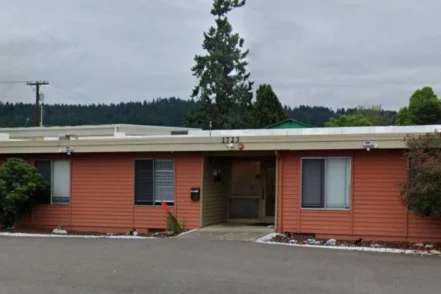 Washington
WashingtonRoyal Life Centers at Puget Sound
1723 Bonney Avenue Sumner, Washington 98390
-
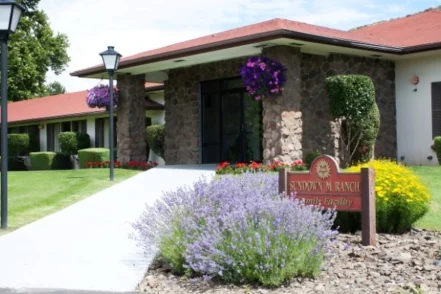 Washington
WashingtonSundown M Ranch
2280 State Route 821 Yakima, Washington 98901
-
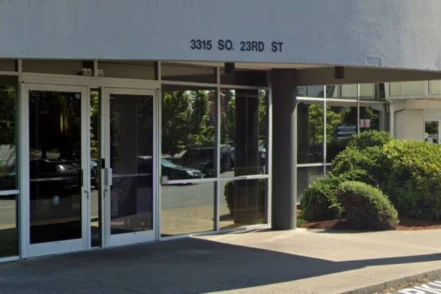 Washington
WashingtonLakeside Milam Recovery Centers Outpatient Tacoma
3315 South 23Rd Street, Suite 102 Tacoma, Washington 98405
-
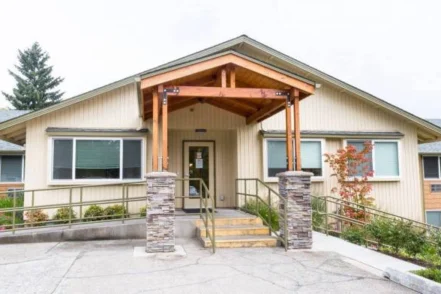 Washington
WashingtonThe Recovery Village Ridgefield South Hillhurst Road
888 South Hillhurst Road Ridgefield, Washington 98642
-
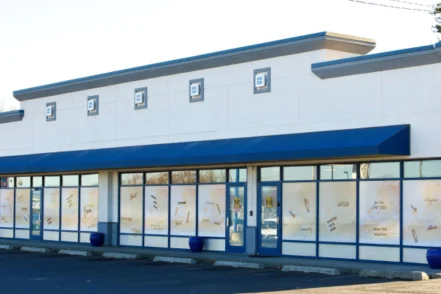 Washington
WashingtonRoyal Life Centers at Spokane Heights
524 East Francis Avenue Spokane, Washington 99208
-
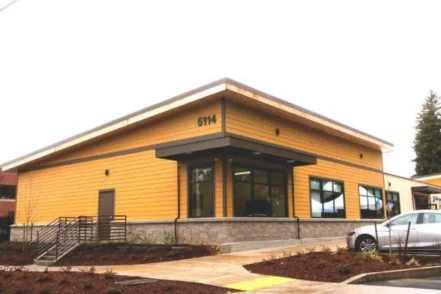 Washington
WashingtonThe Recovery Village Ridgefield Detox Center
5114 NE 94th Ave Vancouver, Washington 98662
-
 Washington
WashingtonFree by the Sea Ocean Park
25517 Park Avenue Ocean Park, Washington 98640
-
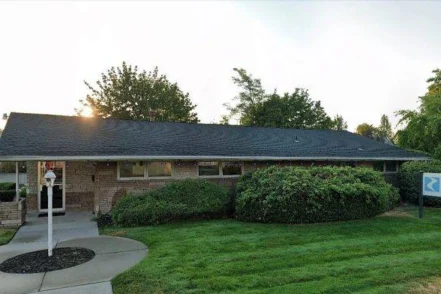 Washington
WashingtonRiverside Recovery Center Spokane
3710 North Monroe Street Spokane, Washington 99205
-
 Washington
WashingtonIntercept Associates
30620 Pacific Highway South, Suite 107 Federal Way, Washington 98003
-
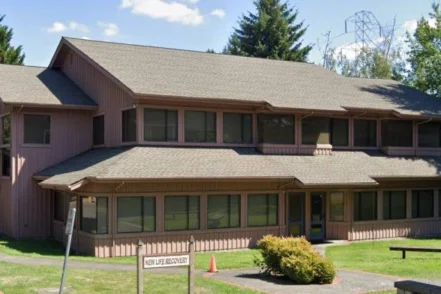 Washington
WashingtonNew Life Recovery Solutions Bellevue
12330 Ne 8th Street, Suite 100 Bellevue, Washington 98005
-
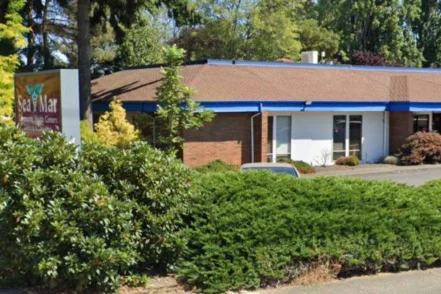 Washington
WashingtonSea Mar Community Health Centers Tacoma
2121 South 19th Street Tacoma, Washington 98405
-
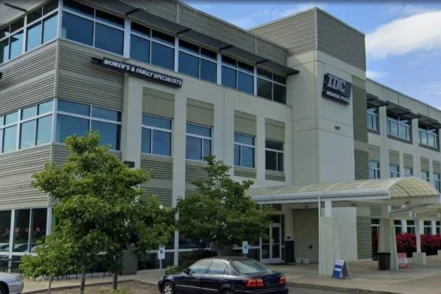 Washington
WashingtonEvergreen Treatment Services Renton
1412 SW 43rd Street, Suite 140 Renton, Washington 98057
-
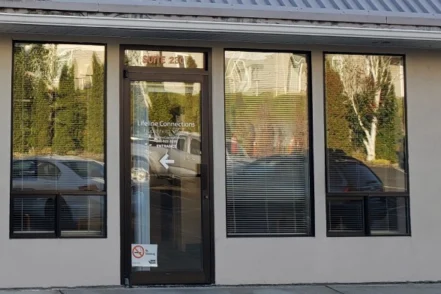 Washington
WashingtonLifeline Connections Bellingham Office
4120 Meridian St, Suite 220 Bellingham, Washington 98226
-
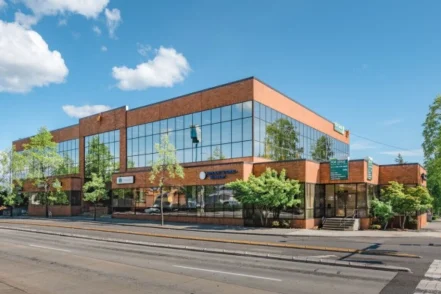 Washington
WashingtonThe Evergreen at Northpoint Northgate
2111 North Northgate Way, Suite 101 Seattle, Washington 98133
-
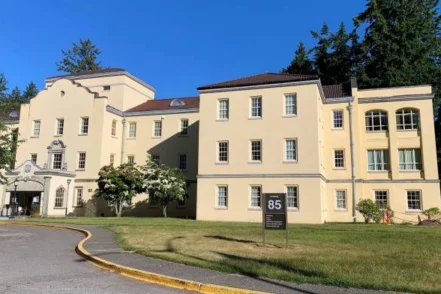 Washington
WashingtonVA Puget Sound Health Care System American Lake Division
9600 Veterans Drive Tacoma, Washington 98493
